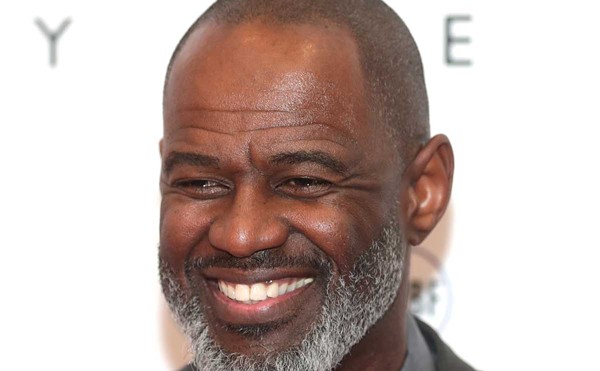Famous Coachman died on the day before Christmas. He was 75. The blues is not all right today in Detroit, and it will not be all right for a long time to come.
I first got the news from a friend of mine, a drummer, who had been friends with Coachman for years. He called me on Christmas Day.
“I cried like a baby when I heard that, man. It just ruined my whole day,” he said.
And when the drummer called another mutual friend, a bass player who also went way back with the Coachman, he said the bass player broke down in tears as well. I don’t even want to try and guess how many people cried or were struck numb when they first heard of the Coachman’s passing. In Detroit’s tightly knit blues community, I feel safe in saying we all felt that way, because Coachman was such an integral part of who we are and what we do. The blues in Detroit without Coachman around is like the sky without clouds. There are some scenes that simply can’t be imagined.
As the popular host of one of the longest-running blues radio shows in the country, before it was finally canceled in 1997, Coachman made himself known during those 21 years on WDET-FM 101.9 to both blues fans and musicians as Detroit’s own voice of the blues. There were, and still are, other blues radio shows in the city, but none of them were quite as distinctive as Coachman’s. For one thing, there was that voice. Once heard, Coachman’s voice could be identified by just about anyone in a pitch-black room full of other people talking. It was a rough, gravelly, down-home kind of speech that only the blues could have produced.
For those who dealt with Coachman and knew him, I mean really knew him, they knew the man was far from perfect. Any number of people could point to a time or an instance when Coachman did or said such-and-such that maybe he shouldn’t have said or did, or promised this or that and then didn’t quite follow through, or maybe didn’t pay somebody back for whatever. It’s true. The good and the bad is who Coachman was, which makes him pretty much just like the rest of us, at least in that respect. Coachman had his share of detractors and he ticked off more than a few people for various reasons at various times.
But I loved the man. We all did. And Coachman loved the blues. And the blues loved him. And now he’s gone.
As far as I’m concerned, that’s all that really matters today.
Keith A. Owens is a Detroit writer, editor and musician. E-mail [email protected]




